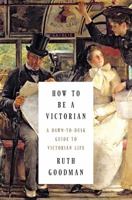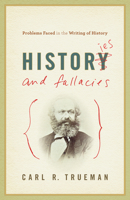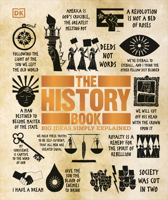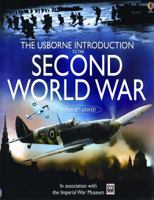Resurrectio Divi Quirini Francisci Baconi, Baronis de Verulam, Vicecomitis Sancti Albani: CCLXX Annis Post Obitum Eius, IX Die Aprilis Anni MDCXXVI. (Pro Manuscripto.)
Select Format
Select Condition 
You Might Also Enjoy
Book Overview
No Synopsis Available.
Format:Hardcover
Language:English
ISBN:135933386X
ISBN13:9781359333865
Release Date:May 2016
Publisher:Palala Press
Length:32 Pages
Weight:0.50 lbs.
Dimensions:0.3" x 6.1" x 9.2"
Related Subjects
Education Education & Reference Education & Training Essays & Commentary Europe Foreign Language Study & Reference Health, Fitness & Dieting Health, Fitness & Dieting History Physics Psychology & Counseling Reference Science Science & Math Science & Scientists Science & Technology Spain Study Study & Teaching Study Aids Study Skills Studying & WorkbooksCustomer Reviews
9 customer ratings | 5 reviews
There are currently no reviews. Be the first to review this work.








































